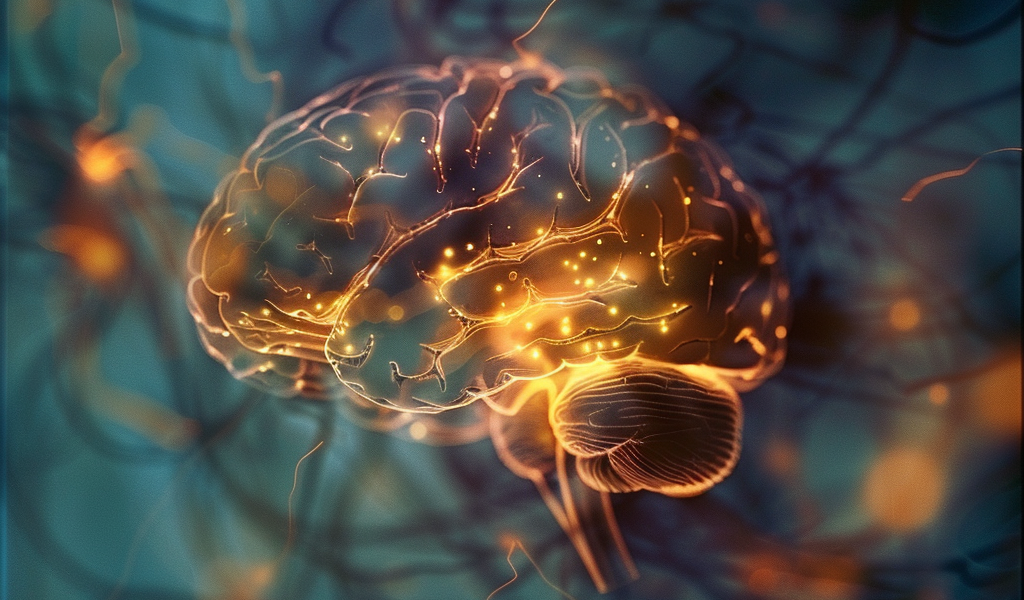In a groundbreaking study published in Cell Stem Cell, researchers have unveiled significant insights into the role of neurogenesis—the process of generating new neurons—in adult brains, particularly concerning cognitive functions such as verbal learning and memory. This research, spearheaded by scientists from the USC Stem Cell and the USC Neurorestoration Center at the Keck School of Medicine of USC, utilized brain tissue from patients suffering from drug-resistant mesial temporal lobe epilepsy (MTLE), a condition characterized by recurrent seizures and cognitive decline.
Co-corresponding author Michael Bonaguidi, an associate professor specializing in stem cell biology and regenerative medicine, emphasizes the importance of this research. He notes, “Treating patients with epilepsy allows us to investigate the purpose of generating new neurons in our brains. We observe that one of the reasons is to learn from the conversations we have.” This statement highlights the critical link between neurogenesis and cognitive abilities, suggesting that the formation of new brain cells is integral to effective communication and memory retention.
Alongside Bonaguidi, co-corresponding author Charles Liu, a professor of neurological surgery and the director of the USC Neurorestoration Center, adds that the findings are not only vital for individuals experiencing cognitive decline but are particularly relevant to the epilepsy patients involved in the study. The research underscores the potential for new therapeutic approaches aimed at restoring cognitive function, especially for those affected by epilepsy.
The study’s first authors, Aswathy Ammothumkandy and Luis Corona, along with their team, delved into how neurogenesis influences various cognitive deficits associated with MTLE. Their investigation revealed that patients with MTLE often experience significant cognitive decline across multiple domains, including verbal learning, memory, intelligence, and visuospatial skills. Notably, the initial two decades of living with MTLE correspond with a dramatic decrease in neurogenesis, leading to a near absence of immature brain cells.
The researchers meticulously examined the correlation between the number of immature neurons and the cognitive impairments observed in MTLE patients. Their findings indicated that the most pronounced association exists between the dwindling number of immature brain cells and declines in verbal learning and memory, as well as overall intelligence. This relationship suggests that the ability to generate new neurons may be a crucial factor in maintaining cognitive functions.
As the study progresses, the implications of these findings could pave the way for innovative treatment strategies aimed at enhancing neurogenesis in adults, particularly those suffering from epilepsy and related cognitive disorders. The researchers advocate for further exploration into how stimulating the production of new neurons could potentially mitigate cognitive decline and improve the quality of life for affected individuals.
This research not only sheds light on the biological mechanisms underlying cognitive decline in epilepsy but also opens new avenues for therapeutic interventions that could target neurogenesis as a means to bolster cognitive capabilities in adults. As the scientific community continues to unravel the complexities of brain function and regeneration, the hope is that such studies will contribute to more effective treatments for those grappling with the challenges of cognitive impairment.
In summary, the study highlights the essential role of neurogenesis in adult brains, particularly in relation to verbal learning and memory. With further research, there is potential for developing novel therapies that harness the brain’s ability to generate new neurons, offering hope to individuals facing cognitive decline due to conditions like epilepsy.





